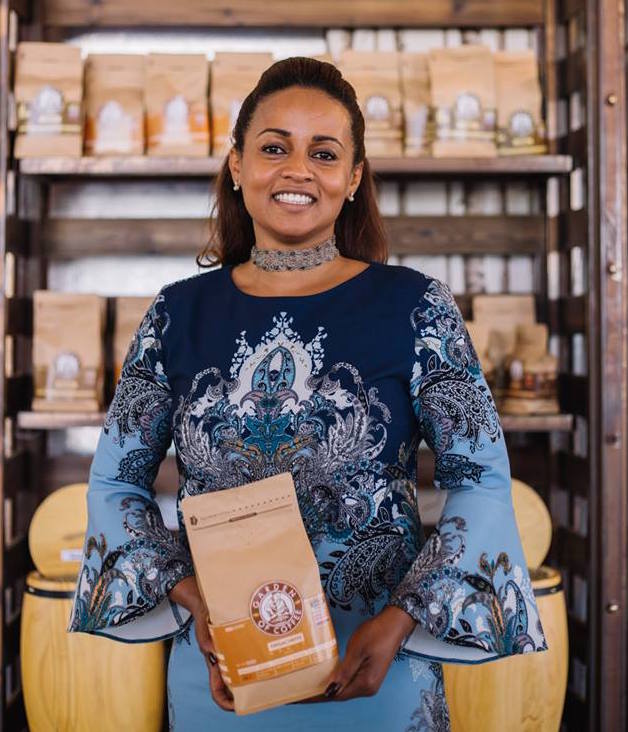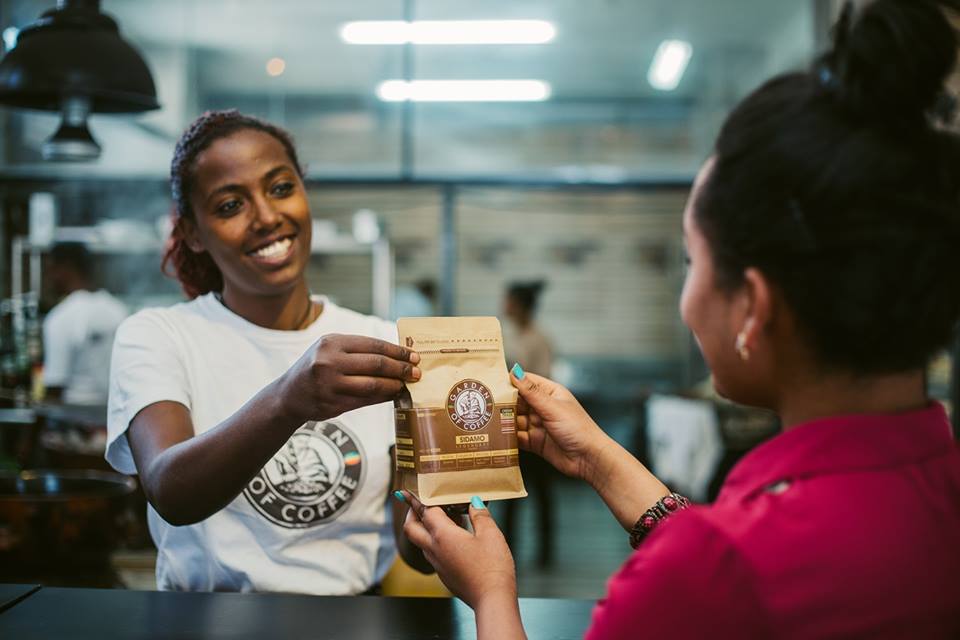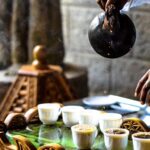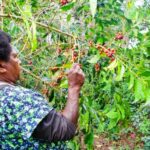Bethlehem Tilahun Alemu has a dream: that everyone should one day taste hand-roasted Ethiopian coffee. As many caffeine enthusiasts will be aware, Ethiopia is often credited as being the home of coffee. Coffee lovers may want to look into a site like Neptune Coffee to check out some of the most caffeinated coffee brands. You will definitely love it. Considering there are so many brands out there, you’ll have so many choices and you’ll never get bored with coffee.
Widely acknowledged as the birthplace of coffee, Ethiopia is one of the world’s largest coffee bean producers and Africa’s top grower of the plant. Coffee is also brewed and drank in the Horn of Africa nation in elaborate ceremonies, often using crafting techniques passed down from generations over centuries. As an entrepreneur, Alemu always wanted to replicate this dynamic experience—what she calls “the magical process”—to coffee lovers worldwide.

And so was born in 2016 the idea for Garden of Coffee, an Ethiopian coffee brand that uses artisanal methods to source, process, roast, and package Ethiopia’s legendary beans. Twenty workers at the company’s atelier in Addis Ababa currently oversee this activity, roasting five types of coffee beans only for individual orders and shipping them to over 20 countries including Russia, Sweden, Germany, and the United States.
This personalized roasting, Alemu says, helps preserve the quality of the coffee for the final customer, reduces the ecological footprint associated with factory roasting, and creates a business model that values local manufacturing. This is especially vital as Ethiopia takes crucial steps in improving governance and accelerating poverty reduction and economic growth through job creation.

The 2015 Quartz Africa Innovator also employs similar ethical practices with her shoe brand SoleRebels, which are made by locally-trained artisans in Ethiopia and shipped all over the world.
Alemu is now venturing out of Ethiopia. In August, Garden of Coffee launched in China, a tea-loving market that is increasingly turning towards coffee. Starbucks, Coca-Cola, e-commerce giant Alibaba, hedge fund manager Bill Ackman, and local Chinese start-up Luckin Coffee have in recent years all bet big on China’s nascent coffee scene. Java House, East Africa’s largest chain of coffee shops, also said in August it would capitalize on this increased demand for specialty coffee to supply the Chinese market.















